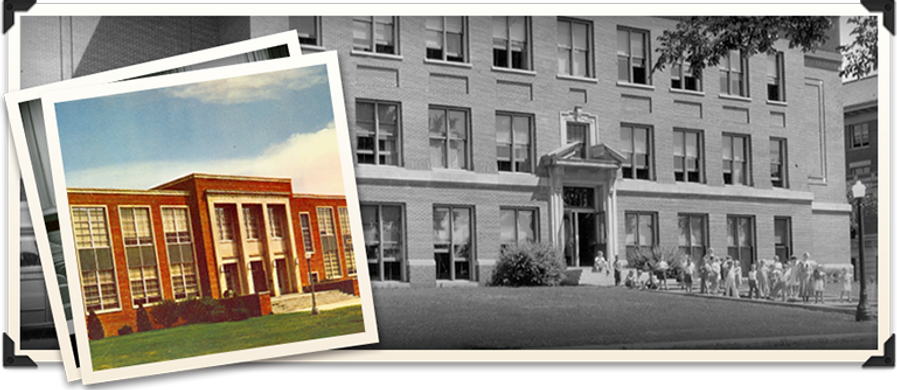

AARON SPURR

AARON SPURR (1998)
Aaron Spurr became an earth science teacher at the Lab School in 1998. In 2005, his co-authored article “The Sweet Tooth” offered a clever way (using candy) to help students understand rock formations. Skilled in photography and cyber technology, Spurr published an article titled “Electronic Communication” in the 1999 Science Teacher, sharing how he used web pages accessible to parents as well as students for his earth science courses. Web pages gave the course outline, benchmarks for the course, and regularly updated information on each unit. The latter listed projects, assignments, and due dates. Spurr estimated that it took him fewer than 5 minutes each day to keep the unit description page current. He found great support from parents for both his web pages and for his parent email updates to those parents whose children were frequently late in turning in assignments. In 2005, The Earth Scientist published Spurr’s update titled “Developing a Web-Based Science Class for a Traditional High School Setting.”
Spurr’s interest in cyber technology led him to serve as an advisor of the Lab School’s Cyber Defense Teams that competed annually in the statewide IT- Olympics Cyber Defense Competition which began in 2006. At the annual event, high school teams set up and maintain a computer network system, including servers, a mail system, remote systems and are given other necessary technology to run it. They must defend that system against attacks and document everything that they have done.
“The first year we took second; the second year we took first and continued to take first and second every year since then,” Spurr said in 2011. “These kids are remarkable in their abilities and knowledge.” In 2011, the hacker team, composed of Iowa State University computer science majors, sent thousands of attacks to overwhelm teams’ servers. They had a fire drill; then went around and stole passwords. They sent different kinds of bombs and files to the team servers to see who might upload the information, only to find out they got a virus instead. “Some teams just gave up because it was so difficult,” Spurr said. “There are probably a 100 ways to compromise systems. However, you can shrink down your vulnerabilities if you do the very basic security measures. And that’s what the Lab School teams did.”
The Department of Defense and Homeland Security was at the competition, interested in using it as a prototype for national competitions.
In 2006, Spurr was named the Outstanding Earth Science Teacher in the central United States by the National Association of Geoscience Teachers. In 2007, the Iowa Academy of Science honored him with its Distinguished Service Award, and in 2011 Spurr was one of the winners of the Yager Exemplary Science and Mathematics Teaching Award.

